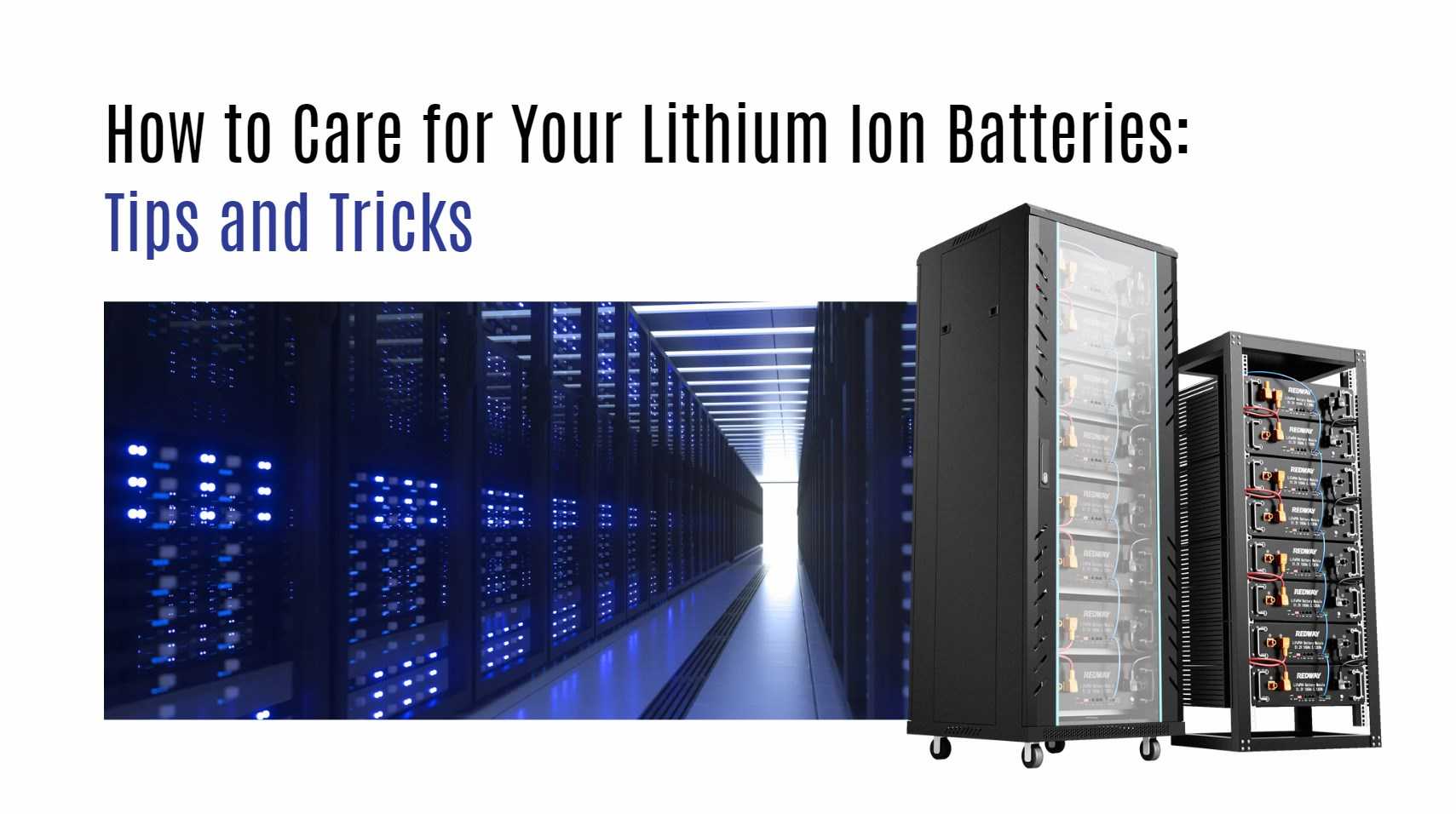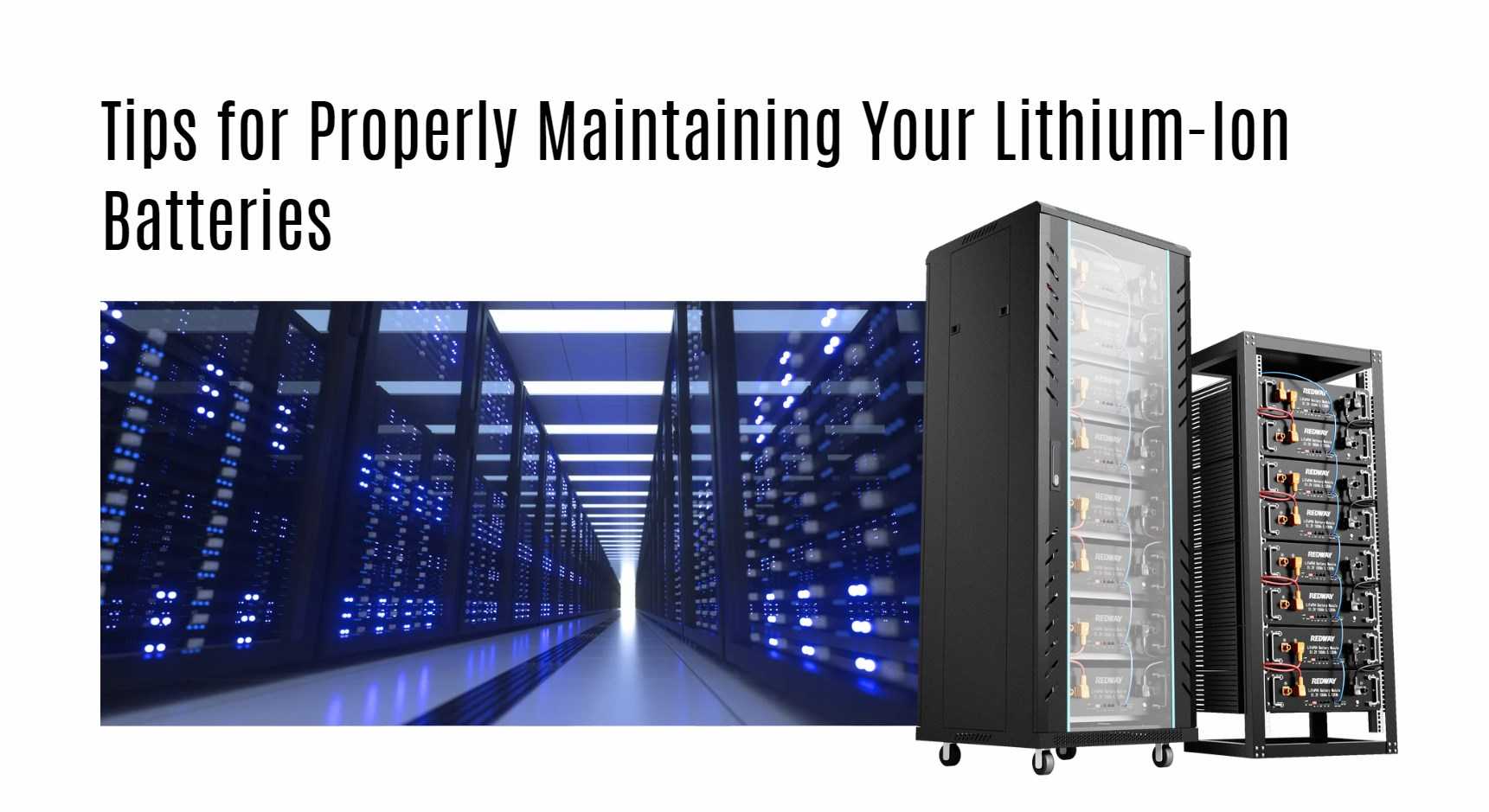-
Charge or Discharge to 50% Capacity: Before storing your lithium-ion battery, make sure to charge or discharge it to approximately 50% of its capacity. This helps prevent overcharging or deep discharging, which can negatively impact the battery’s lifespan.
-
Charge to 50% Every Six Months: Even if you’re not using your lithium-ion battery regularly, it’s important to keep it active. Charge the battery to approximately 50% of its capacity at least once every six months. This helps maintain its activity and prevents capacity loss over time.
-
Store in a Cool Environment: When storing your lithium-ion battery, it’s crucial to keep it in a cool environment. Ideally, store the battery separately from the product in a location with temperatures between 5°C and 20°C (41°F and 68°F). Avoid exposing the battery to extreme heat or cold, as it can degrade its performance and shorten its lifespan.
The Benefits of Using Lithium Ion Batteries
-
Safety: Lithium-ion batteries have an inherent chemistry that ensures safety during operation. This reduces the risk of accidents or explosions, making them a reliable and secure choice for powering devices.
-
Lightweight Design: One of the key advantages of lithium-ion batteries is their lightweight nature. They weigh significantly less than lead-acid equivalents, making them ideal for portable devices, electric vehicles, and other applications where weight is a concern.
-
Long Lifespan: Lithium-ion batteries have a longer lifespan compared to other battery types. They can endure more charge and discharge cycles without significant capacity loss, providing reliable power for a longer duration.
-
More Usable Capacity: Lithium-ion batteries offer a higher usable capacity, meaning they can deliver more energy for longer durations. This makes them suitable for applications that require sustained power output, such as electric vehicles and renewable energy systems.
-
Constant Power Output: Lithium-ion batteries maintain a more constant power output throughout the discharge cycle. This ensures consistent performance and reliable power delivery, even as the battery discharges.
-
Temperature Tolerance: Lithium-ion batteries can operate effectively in a wide range of temperatures. They can withstand extreme cold and hot environments, making them versatile for various applications and climates.
-
Fast and Safe Charging: Lithium-ion batteries can be charged at a faster rate compared to other battery types. This allows for quick charging times, enabling efficient use of devices and minimizing downtime. Additionally, charging lithium-ion batteries is generally safe when following proper guidelines and precautions.
Common Misconceptions about Caring for Lithium Ion Batteries
-
Leaving a device plugged in will overcharge its battery: Contrary to popular belief, leaving a device plugged in for extended periods will not overcharge the lithium-ion battery. These batteries are designed with built-in protection mechanisms to prevent overcharging. Modern devices also have advanced charging circuits that automatically stop charging once the battery reaches its full capacity. So, you can rest assured that leaving your device plugged in will not wear out the battery faster than usual.
-
Charging before full depletion improves lifespan: Unlike older battery technologies, such as nickel-cadmium (NiCd), lithium-ion batteries do not suffer from a memory effect. This means they do not need to be fully discharged before recharging. In fact, it is recommended to charge your lithium-ion battery whenever convenient, regardless of its current charge level. Frequent, shallow discharges and charges are actually better for the overall lifespan of lithium-ion batteries.
-
Storing at full charge is best: Some people believe that storing a lithium-ion battery at full charge will preserve its capacity. However, this is not true. Lithium-ion batteries have an optimal storage charge level, typically around 40-60% of their capacity. Storing the battery at this level helps prevent self-discharge and reduces the risk of capacity loss over time. So, it’s best to store your lithium-ion batteries at this recommended level for optimal performance.
-
Extreme temperatures do not affect lithium-ion batteries: While lithium-ion batteries are generally more tolerant of temperature variations compared to other battery types, extreme temperatures can still impact their performance and lifespan. High temperatures can accelerate the degradation of the battery’s chemistry, leading to capacity loss and reduced lifespan. Similarly, extremely cold temperatures can hinder the battery’s ability to deliver power effectively. It’s important to avoid exposing lithium-ion batteries to extreme heat or cold for prolonged periods to ensure their longevity.
Tips for Properly Maintaining Your Lithium Ion Batteries
-
Charge or Discharge to 50% Capacity Before Storage: Before storing your lithium-ion battery, it is important to charge or discharge it to approximately 50% of its capacity. This helps prevent overcharging or deep discharging, which can negatively impact the battery’s overall lifespan. By maintaining the battery at around 50% capacity, you ensure its stability during storage.
-
Charge to 50% Every Six Months: Even if you don’t use your lithium-ion battery regularly, it is recommended to charge it to approximately 50% of its capacity at least once every six months. This practice helps keep the battery active and prevents capacity loss over time. By maintaining regular charging cycles, you ensure that the battery remains in good condition and ready for use whenever you need it.
-
Remove and Store Separately: If you plan to store the lithium-ion battery for an extended period, it is advisable to remove it from the device and store it separately. This precautionary step helps prevent any potential damage or discharge that may occur when the battery is left inside the device. Storing the battery separately ensures its safety and preserves its energy for future use.
-
Store at Proper Temperatures: Lithium-ion batteries should be stored in a cool environment with temperatures between 5°C and 20°C (41°F and 68°F). Extreme heat or cold can degrade the battery’s performance and shorten its lifespan. By storing the battery in a suitable temperature range, you provide an optimal environment for its longevity and ensure its reliable performance when needed.
Best Practices for Charging and Discharging Your Batteries
When it comes to charging and discharging your lithium-ion batteries, there are a few best practices to keep in mind. Always use the charger that came with your device or a certified replacement. Avoid using cheap knock-off chargers as they can damage your battery over time.
It’s also important not to let your battery drain completely before recharging it. Lithium-ion batteries prefer to be charged little by little rather than all at once. Try not to leave your device plugged in overnight as this can put unnecessary strain on the battery.
Wholesale lithium golf cart batteries with 10-year life? Check here.
Furthermore, try to avoid exposing your batteries to extreme temperatures when charging or discharging them. High heat can degrade the battery’s lifespan, while extreme cold can affect its performance.
Remember, following these best practices will help you maximize the lifespan of your lithium-ion batteries and ensure they perform optimally for longer periods of time.
Want OEM lithium forklift batteries at wholesale prices? Check here.
Storing Your Batteries Safely and Effectively
When it comes to storing your lithium ion batteries, it’s essential to keep a few key points in mind. Always store your batteries in a cool and dry place away from direct sunlight or heat sources. Extreme temperatures can negatively impact the performance and lifespan of your batteries.
Additionally, make sure to store your batteries at around 40-50% charge if you plan on not using them for an extended period. This optimal charge level helps prevent over-discharging or overcharging, which can damage the battery cells.
It’s also crucial to avoid storing fully charged or completely drained batteries for prolonged periods as this can lead to capacity loss and potential safety hazards. Consider investing in a specialized storage container designed for lithium ion batteries to keep them organized and protected.
By following these simple storage guidelines, you can ensure that your lithium ion batteries remain safe and effective for longer durations of time.
Troubleshooting Common Issues with Lithium Ion Batteries
Having trouble with your lithium ion battery? Don’t worry, you’re not alone. One common issue is a sudden drop in battery life. This could be due to overcharging or high temperatures. To troubleshoot, try recalibrating the battery by fully charging and then fully discharging it.
Another problem you might encounter is the battery not holding a charge. This could be caused by using a low-quality charger or charging too frequently. Ensure you are using the correct charger and avoid constant partial charges to prolong battery life.
If your device shuts down unexpectedly even though the battery indicator shows power remaining, it may need recalibration or software updates for accurate readings. Check for any updates available for your device’s firmware.
In case of physical damage like swelling or leakage from the battery pack, stop using it immediately and dispose of it properly following safety guidelines provided by manufacturers. Always prioritize safety when dealing with lithium ion batteries!
Conclusion: Why Taking Care of Your
Lithium ion batteries are a crucial part of our daily lives, powering everything from smartphones to electric vehicles. By following the tips and tricks mentioned in this article, you can ensure that your lithium ion batteries remain efficient and long-lasting.
Taking care of your batteries not only extends their lifespan but also ensures safety and optimal performance. Proper maintenance, charging, discharging, and storage practices are essential for getting the most out of your lithium ion batteries.
Remember, a little effort in caring for your batteries goes a long way in saving you time and money in the long run. So, make it a habit to follow these guidelines to keep your lithium ion batteries performing at their best!







